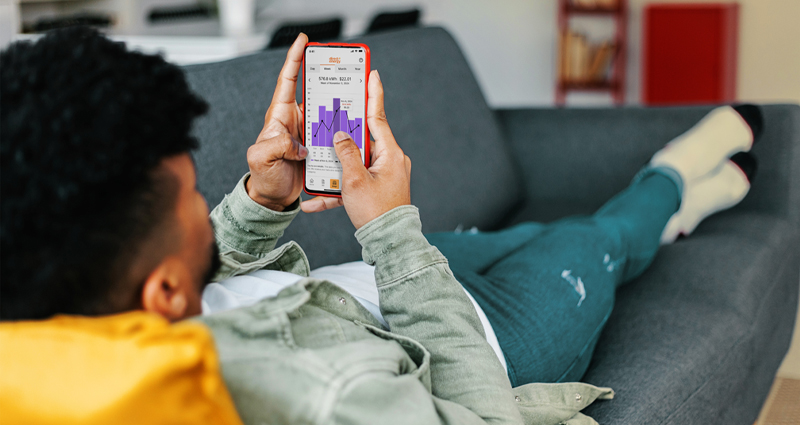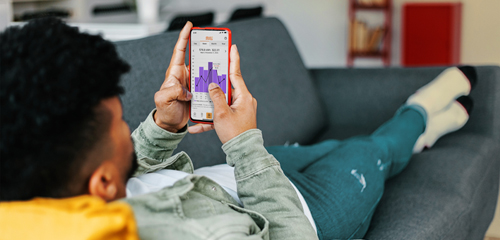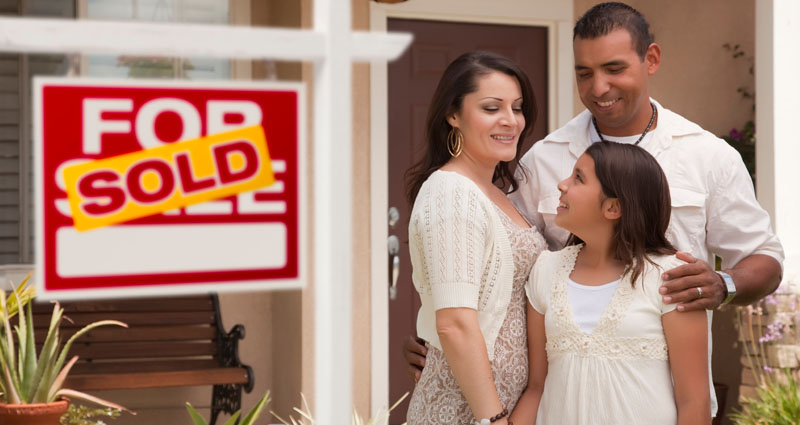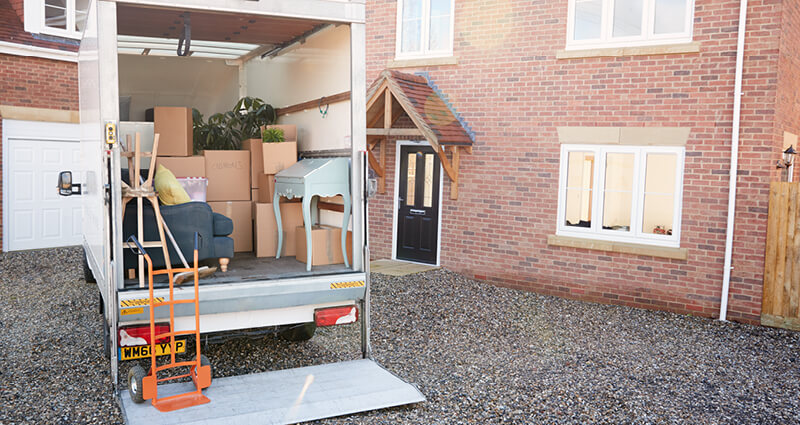Renting vs buying: weighing the options
You’ll often hear the argument that owning a home is the best option versus “throwing away money on renting a home.” Contrary to this widely-held belief, there is no absolute answer. It's a personal decision that depends on your circumstances and long-term goals. The factors listed here highlight some elements to consider when making an informed decision about your next move.
Reasons to rent a house
- Greater mobility – Renting is a smart choice for short-term housing. If you plan on moving often or in the near future, renting a house is likely the better option. Instead of committing to a multi-year mortgage, you can sign a lease for shorter terms – ranging from a few months to a year or more.
- Less responsibility – Property expenses like taxes, insurance and sometimes utilities are paid for by a landlord or leasing company. In most cases, maintenance expenses – especially for major repairs and replacement of main appliances – are the landlord’s responsibility, not yours.
- New to the area – For a lot of people, renting is a great first step to discovering a new city. Many real estate experts recommend renting first to get to know the area. Renting is also a good option if you have not had time to visit the area and find a home in a neighborhood that suits you.
- You need more time – If you are in the process of moving to a new area or just need more time to get your finances in order, renting may boost your chances of making a better home-buying decision. Trying to buy a home while also juggling all the other issues involved with a move can be a rushed process that may not produce optimal results. You’re likely to have more time, energy and resources to devote to a thorough, well-researched home search when you are settled, and your financial conditions are more favorable.
- Homeownership is not for everyone – For some people, homeownership can pose too much of a risk. They simply do not want the responsibility and expense that come with owning a home. Some points to consider when owning a home are:
- You're taking on debt as well as investing
- The returns can be unpredictable
- You're not always able to plan for all the costs
Reasons to buy a house
- Mortgage costs are usually stable – The total interest and principal payment stay the same for the life of the loan when you buy a home with a fixed mortgage. Your property tax bill may change over the years, but the property value and equity in your home can also grow over time. As a renter, you are at the mercy of a landlord who can raise the rent or decide to sell the property.
- Freedom to do what you want – Depending on where you live, you may have to follow a few Homeowners Association (HOA) guidelines, but not to the extent that you are completely restricted from owning pets, painting a room or remodeling your bathroom. You can make home improvements that may also increase the value of your property. Also, if you decide to move again, you have the option to make it a rental property rather than selling it.
- Tax breaks – You can likely take deductions for your mortgage interest and your property taxes. This can help you reduce the overall amount that you pay in taxes each year.
- Forced savings – A portion of your monthly mortgage payment is paying down the loan, giving you more equity in your home. This is like forced savings that benefit the homeowner, whereas the entire portion of a renter’s monthly payment is going to a landlord. You also have the ability to borrow against your home equity to refinance at a more favorable rate or pay for a major expense.
- Pride of ownership – Make no mistake, homeownership is a major accomplishment. You can increase your degree of ownership in your home with every payment.
Important considerations when buying a home
Buying a home is likely one of the biggest financial and emotional decisions you will ever make. Do your research, weigh all the factors involved and make sure you’re comfortable with all homeownership involves. If you are leaning towards purchasing your next home, ask yourself the following questions:
- Is my credit score strong enough to get approved for a mortgage? Your credit score can impact how much you can borrow and the terms of the loan. A low credit score could create obstacles to obtaining a mortgage or force you to borrow at a higher rate of interest. A higher score may help you obtain a lower interest rate and more attractive mortgage product, which can help you financially in the long run.
- Are my finances stable? You should try to have a budget and savings plan in place before buying a home. Lenders want to know that you are financially responsible before offering you a home loan. You will also need to build up a large enough financial nest egg to cover the down payment, insurance, closing costs and other expenses on a first-time home purchase. Owning a home also means taking into account household maintenance and repair costs.
- Am I ready to commit to settling down in a specific location? Your lifestyle can also be a factor in whether you should buy or rent a home. If you work in an industry that requires you to move around a lot, renting might be a better option for you. If your job is relatively stable and you decide you want to "put down roots" in the city where you currently live, you should explore buying.
Rent or buy? There are pros and cons to both options. Evaluate your current circumstances to make the choice that best fits your lifestyle. If you decide to move forward with purchasing your next home, read our new homeowner checklist and helpful tips.



































